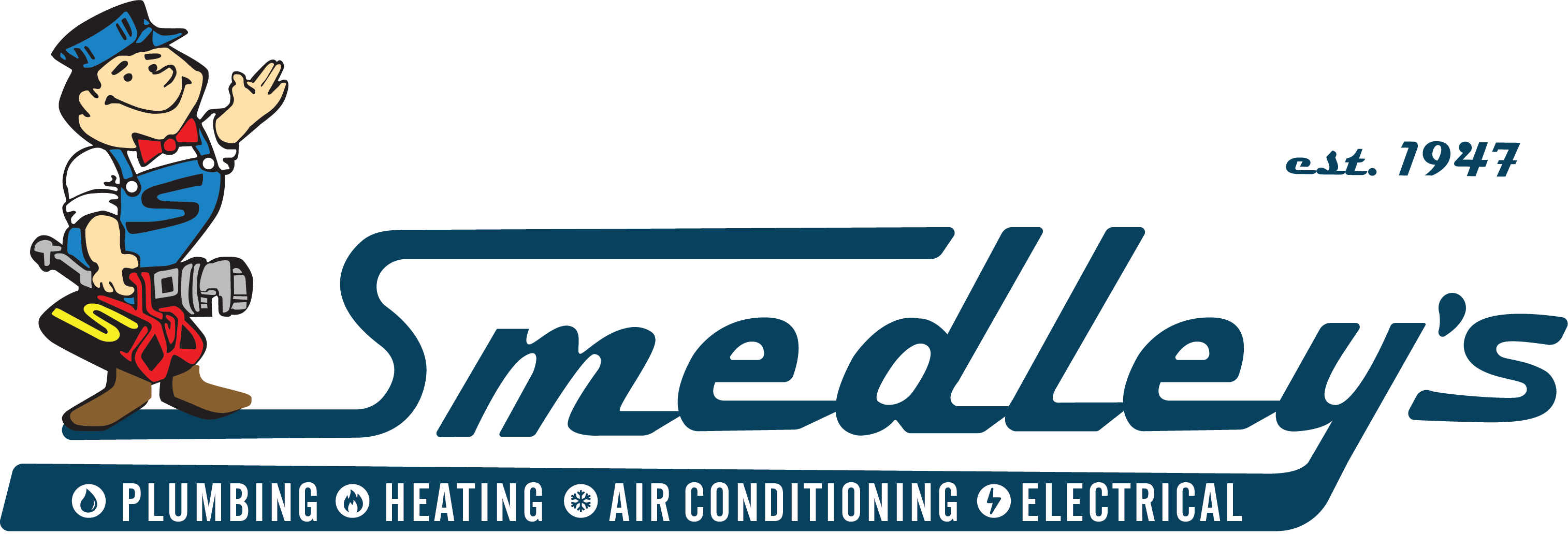
The following provides a rundown of some of the more common odors you might encounter the first time you start your furnace for the winter. You’ll also find out what these odors mean for your furnace and how you can successfully clear the air.
Burning Dust
What smells like burnt toast or burnt cookies is usually the most common odor you’ll experience as you start your furnace for the first time in months. The culprit is more than likely a thin coating of dust that settled directly on the burner or heating element. Once your furnace is turned on, the dust is burned off, creating that tell-tale odor.
Having the burners or heating element cleaned before use could help reduce the likelihood of burnt dust. On the other hand, the dust itself is relatively harmless since it’ll just burn off within a couple of hours of operating your furnace. After the dust burns off, there’s a good chance you won’t have to worry about it being a problem for the rest of the season.
Burning Metal or Plastic
The sharp smell of melted plastic or a metallic odor reminiscent of ozone can have many sources. An overheating furnace can produce a burning metallic odor as internal components and possibly even its metal housing heat up to unsafe levels. Electrical wiring can also overheat if there’s too much current being drawn through the wire, resulting in the wire insulation melting or even burning away to expose the bare wire underneath.
Friction caused by worn bearings can also create burning-metal odors before the entire motor seizes up. Even plastic utensils and other similar objects dropped close or even into a working furnace can cause burning plastic odors. In all of these cases, you should shut your furnace down and have it checked out by your heating specialist before using it again.
Dirty Laundry
Instead of smelling the telltale odor of a gas leak in progress, you instead get a slight hint of a damp, musty odor as you turn your furnace on for the first time. In fact, the odor might have you thinking there’s a hidden pile of dirty, sweat-laden clothes somewhere in your home. The reality is that the odor is usually a byproduct of mold, mildew and bacteria buildup within the HVAC system, especially if your furnace happens to share the same air-handler cabinet as your air conditioner.
As you use your air conditioner throughout the summer months, the relatively damp and dark confines of your air-handler cabinet can inadvertently foster mold and bacterial growth. Prime areas for growth usually include the evaporator coil and condensate drip tray. Turning your furnace on after months of unchecked growth can produce a strange, musty odor as the growth dries up and heats up.
The best cure for a musty furnace is to have your HVAC specialist give the evaporator coil and condensate drip tray a thorough cleaning. You should also have these areas disinfected to kill any lingering growth. A germicidal UV light installed within the air handler can help prevent a reoccurrence of bacteria and mold growth.
Burning Oil
Have an oil-fired furnace? Then there’s a good chance you might smell burning oil for a variety of reasons. In addition to it being a possible sign of an oil leak, it could also be the result of improper ignition. Even a small oil spill during fill-up can leave behind a distinctive odor for a couple of days.
If you continue to smell burning oil after a day or two or see excessive smoke from your furnace’s combustion chamber, then you’ll want to have an expert examine your furnace.
Sulfur or Rotten Eggs
If you suddenly catch a whiff of what smells like rotten eggs or sulfur while your furnace is on, turn it off immediately. Those odors almost always signal a natural-gas leak that could put your entire home in danger if left unchecked. Not only should you turn your furnace off as soon as possible, but you should also go outdoors and contact your local gas company or fire department so they can deal with the leak.
It’s worth noting that the rotten egg odor doesn’t originate from natural gas itself since natural gas is odorless on its own. For this reason, gas companies usually add mercaptan, a non-toxic additive that allows gas workers and users to detect gas leaks, to the natural gas supply. While the smell of mercaptan is overwhelming in its concentrated form, it only takes a few parts per million to create that characteristic rotten egg smell.
If your nose knows something’s going on with your furnace this winter, then have one of our HVAC specialists at Smedley Service take a close look.
Talk to a specialist today!




